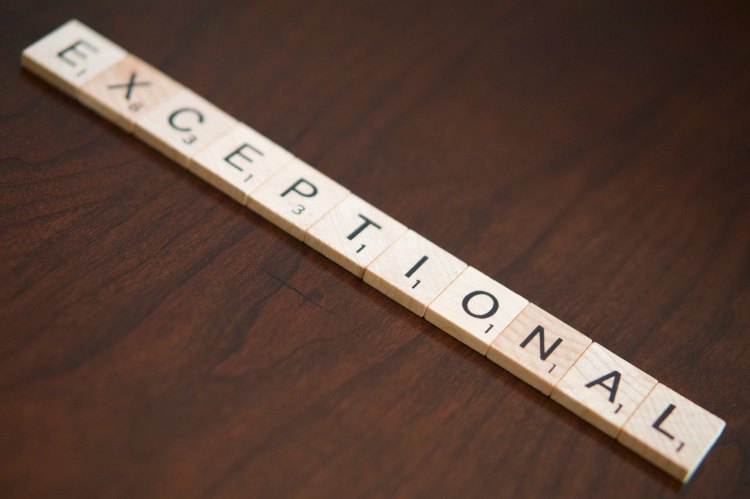Let’s talk about vaccines for a moment. I promise this is relevant to Silicon Valley.
I’m sure most of you are aware of the growing anti-vaccine movement of the past few years. Some of you may even be a part of it. It wasn’t that long ago that polio and measles and the various other debilitating diseases we vaccinate against were major scourges, and yet today a significant portion of the population voluntarily and vehemently reject these life-saving and disease-preventing vaccines.
How did this happen? As much as I’d like to pin it all on Jenny McCarthy, I believe the anti-vaccine crowd has been blinded by the success of the last few generations. They look around and don’t see anybody with measles, mumps, or polio and they think, “these diseases are no longer a problem, no need to vaccinate!” Of course the reason we don’t see people with these diseases is because people vaccinated in the first place. The success of the vaccines is what created the conditions for the anti-vaccine crowd to believe that the diseases were no longer a threat. Add in a general distrust of pharmaceutical companies and a couple of generations of “out of sight, out of mind” and here we are with a large percentage of the population believing vaccines are unnecessary and even harmful.
Now let’s talk about global peace and American military intervention. For the record, I’m a Democrat and I generally lean toward non-interventionist global policies, but I think most people take global peace for granted. Many people point to the relative global peace and criticize American military spending as unnecessary. But the past 70 years have been relatively peaceful precisely because of American military supremacy. In the 30 years prior, the world suffered through two world wars. In the years since 1945, the age of American power, the world has become vastly more open and wars have largely been limited to regional conflicts.
This is not to say the United States has not engaged in some ill conceived wars, but blindly criticizing American power projection as unnecessary ignores the fact that the post-WWII era is relatively peaceful largely because America acts as the global peacekeeping police. Arguing that a powerful American military is no longer necessary is a very similar argument to, “measles have been eradicated so we no longer need vaccines.”
Perhaps the ultimate example of historical success breeding unwarranted exceptionalism is the current rejection of labor unions. The 40-hour workweek, overtime pay, workplace safety, workers compensation insurance, and most of the other worker protections we take for granted are largely the result of unions and the labor movement of the 20th century. And in the same way people think vaccines are no longer necessary because they don’t see any measles outbreaks, or that American military power is no longer necessary because they don’t see any world wars, most people now reject unions because they don’t see examples of child labor or workers locked in burning buildings.
So what does any of this have to do with Silicon Valley?
I believe the Valley is currently suffering from a severe case of unwarranted exceptionalism that ignores and rejects the very things that created its past success.
Take, for example, the anti-college movement. While I do think college can be made more efficient and it might not be the right fit for everyone, broadly arguing that college is a waste or unnecessary ignores the fact that the Valley, and all the technology that we build upon, was built by people who went to college. Sure there are a few exceptional college dropouts in the mix, namely Steve Jobs and Bill Gates, but they, and the handful of others, are the exception not the rule. Do you really think Apple and Microsoft would have been built without college graduates among their ranks? Do you think college dropouts are designing the processors that power your phone that runs your app?
Just as the anti-vaccine crowd believes they don’t need vaccines because they don’t see examples of measles or polio, and the critics of American power think we don’t need a strong military because the world is relatively peaceful, and anti-union workers reject organized labor because they already enjoy worker protections, the current ethos in Silicon Valley is to take the underlying technology for granted while we congratulate ourselves for building an app on top of it and proclaim our own exceptionalism for being clever.
But exploiting past success only works for so long. Eventually, enough people stop getting vaccinated and we have a measles outbreak.
This is the danger of Silicon Valley’s current belief in its own exceptionalism. For now, we can all stand on the shoulders of its historical success, but eventually, our arrogance — and the rejection of what got us here in the first place — will come back to haunt us.
VentureBeat's mission is to be a digital town square for technical decision-makers to gain knowledge about transformative enterprise technology and transact. Learn More

